The Global Journey Toward LGBTQ+ Rights
The journey of the LGBTQ+ community from the shadows of societal prejudice and discrimination to the forefront of the global conversation on human rights is a profound narrative of courage, resilience, and progress. Over the past few decades, the transformation in attitudes, laws, and cultural perceptions regarding LGBTQ+ rights has been remarkable. This evolution has significantly impacted the fabric of our diverse and ever-evolving world, highlighting the paramount importance of recognizing and embracing LGBTQ+ rights.
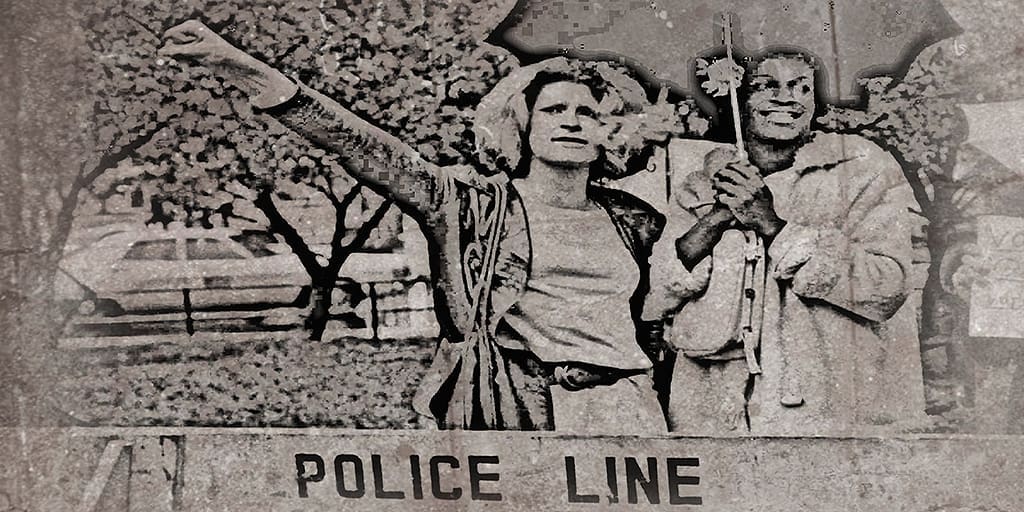
Table of Contents
The Stonewall Riots
For much of history, LGBTQ+ individuals faced severe discrimination, criminalization, and violence. Homosexuality was often considered a mental illness or moral failing, leading to widespread societal rejection and persecution. This environment of hostility and intolerance was pervasive across cultures and continents. In many societies, LGBTQ+ people were forced to hide their identities, living in fear of discovery and reprisal.
*All Book Images Open a New tab to our Bookshop
**If you buy books linked to our site, we get 10% commission from Bookshop.org, whose fees support independent bookshops
The Stonewall Riots of 1969 in New York City marked a pivotal moment in LGBTQ+ history. Sparked by a police raid on the Stonewall Inn, a gay bar, the riots were a series of spontaneous demonstrations by members of the LGBTQ+ community against years of harassment and oppression. This event is widely regarded as the catalyst for the modern LGBTQ+ rights movement, leading to the formation of numerous advocacy groups and the first Pride marches.
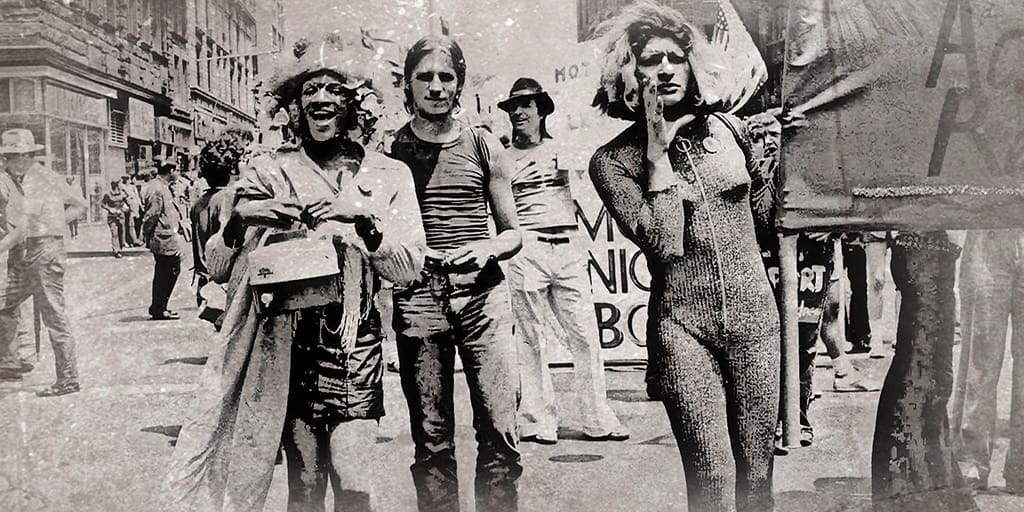
Significant Milestones
Since Stonewall, the LGBTQ+ rights movement has achieved significant milestones. One of the earliest and most crucial victories was the decriminalization of homosexuality. Over the past few decades, many countries have repealed laws that criminalized same-sex relations. For example, in 2003, the U.S. Supreme Court’s decision in Lawrence v. Texas invalidated sodomy laws nationwide.
This legal shift has been mirrored in many parts of the world, from Europe to Latin America to parts of Asia and Africa, although progress remains uneven. In India, the Supreme Court decriminalized homosexuality in 2018, overturning a colonial-era law. Similarly, Botswana decriminalized same-sex relations in 2019, representing a significant step forward for LGBTQ+ rights in Africa.
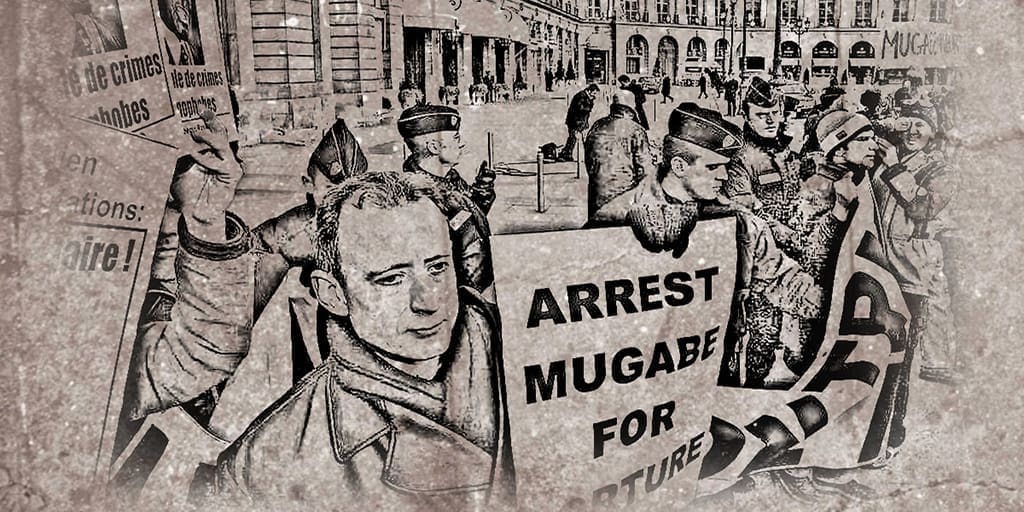
Same-sex Marriages
Marriage equality has been another major victory for the LGBTQ+ rights movement. The recognition of same-sex marriages signifies not only legal rights but also social acceptance and validation of LGBTQ+ relationships. In 2001, the Netherlands became the first country to legalize same-sex marriage. Since then, numerous countries, including Canada, Spain, South Africa, Argentina, and the United States (with the Obergefell v. Hodges decision in 2015), have followed suit. In 2019, Taiwan became the first country in Asia to legalize same-sex marriage, highlighting the growing global acceptance of LGBTQ+ rights.
Legal Protections
Anti-discrimination laws have also been pivotal in advancing LGBTQ+ rights. Various countries and states have enacted legislation prohibiting discrimination based on sexual orientation and gender identity in employment, housing, and public accommodations. These legal protections are essential in ensuring that LGBTQ+ individuals can live and work without fear of prejudice and unequal treatment. In the European Union, for example, anti-discrimination directives have been instrumental in promoting equality and protecting LGBTQ+ rights across member states.
Transgender and Non-Binary Rights
The recognition and protection of transgender and non-binary individuals’ rights have become increasingly prominent in recent years. Legal and policy advancements have been made to recognize and protect the rights of transgender and non-binary people, including the right to change legal gender markers and access gender-affirming healthcare.
Countries like Argentina and Malta have enacted progressive gender identity laws, allowing individuals to self-identify their gender without medical or legal barriers. These changes represent a significant step forward in affirming the dignity and rights of transgender and non-binary individuals.
LGBTQ+ Identities and Experiences
The visibility and acceptance of LGBTQ+ individuals have grown tremendously, contributing to cultural shifts and broader social acceptance. Media representation has played a crucial role in this process. Positive and nuanced portrayals of LGBTQ+ characters in film, television, and literature have helped normalize LGBTQ+ identities and experiences. Shows like “Will & Grace,” “Orange Is the New Black,” and “Pose” have brought LGBTQ+ stories into mainstream consciousness, fostering greater understanding and acceptance.
In many countries, public figures, including politicians, athletes, and celebrities, have come out as LGBTQ+, challenging stereotypes and promoting acceptance. The visibility of LGBTQ+ individuals in positions of influence has been instrumental in changing public perceptions and advancing the cause of equality.
Pride Events
Pride events around the world celebrate LGBTQ+ culture and history, fostering a sense of community and solidarity. From the massive Pride parades in cities like New York, São Paulo, and Madrid to smaller events in towns and villages, these celebrations are a testament to the resilience and diversity of the LGBTQ+ community. Pride events not only provide a space for LGBTQ+ individuals to express themselves freely but also serve as powerful symbols of resistance against discrimination and oppression.

The Fight for LGBTQ+ Rights
Despite significant progress, many challenges remain in the fight for LGBTQ+ rights. Violence and hate crimes against LGBTQ+ individuals persist, particularly against transgender people of colour. In many countries, LGBTQ+ individuals continue to face high rates of violence and discrimination. The Inter-American Commission on Human Rights has documented alarming levels of violence against LGBTQ+ individuals in Latin America, highlighting the urgent need for greater protections and accountability.
Legal and social backlash against LGBTQ+ rights is another ongoing challenge. In some regions, there has been a resurgence of discriminatory rhetoric and policies, attempting to roll back legal protections and undermine the progress made. For example, in Poland and Hungary, recent years have seen a rise in anti-LGBTQ+ rhetoric and policies, challenging the EU’s commitment to equality and human rights.
Healthcare Disparities
Healthcare disparities remain a significant issue for LGBTQ+ individuals. Many face barriers to accessing appropriate healthcare, including mental health services and HIV/AIDS treatment and prevention. In many parts of the world, LGBTQ+ individuals experience higher rates of mental health issues and poorer health outcomes due to stigma, discrimination, and lack of access to affirming healthcare. Addressing these disparities is crucial for improving the overall well-being of LGBTQ+ individuals and promoting public health.
The fight for LGBTQ+ rights is crucial for several reasons. First and foremost, ensuring that LGBTQ+ individuals have the same rights and protections as everyone else is a fundamental human rights issue. Denying LGBTQ+ individuals their rights is an affront to human dignity and equality.
The Universal Declaration of Human Rights, adopted by the United Nations in 1948, asserts that “all human beings are born free and equal in dignity and rights.” This principle underpins the struggle for LGBTQ+ rights, emphasizing that every individual, regardless of their sexual orientation or gender identity, deserves equal protection and respect.

Addressing Discrimination and Marginalization
Social justice is another critical aspect of the fight for LGBTQ+ rights. Addressing the systemic discrimination and marginalization faced by LGBTQ+ people is essential for achieving broader social justice. Societies that protect and promote LGBTQ+ rights are more inclusive and equitable, benefiting all citizens. By challenging prejudice and discrimination, the LGBTQ+ rights movement contributes to the creation of fairer and more just societies.
A Source of Strength and Innovation
Embracing LGBTQ+ rights enriches our societies by promoting diversity, fostering creativity, and encouraging empathy and understanding. Diversity is a source of strength and innovation, and inclusive societies are better equipped to navigate the complexities of the modern world. By recognizing and valuing LGBTQ+ identities, we celebrate the full spectrum of human experience and promote a culture of acceptance and respect.
Continued Advocacy and Support
Protecting LGBTQ+ rights also contributes to better health outcomes and overall well-being for LGBTQ+ individuals, benefiting society as a whole. When LGBTQ+ individuals are free from discrimination and able to access appropriate healthcare, they can lead healthier and more fulfilling lives. This, in turn, reduces healthcare costs and improves public health outcomes, benefiting society as a whole.
The Power of Activism, Resilience, and Solidarity
The journey of the LGBTQ+ community toward recognition, acceptance, and equality is a testament to the power of activism, resilience, and solidarity. While significant progress has been made, the ongoing struggle for full equality underscores the importance of continued advocacy and support. Embracing LGBTQ+ rights not only affirms the dignity and humanity of LGBTQ+ individuals but also strengthens the social fabric of our diverse and interconnected world.
As we move forward, it is essential to remain vigilant in protecting and advancing LGBTQ+ rights, ensuring that all individuals, regardless of their sexual orientation or gender identity, can live with dignity, equality, and respect.


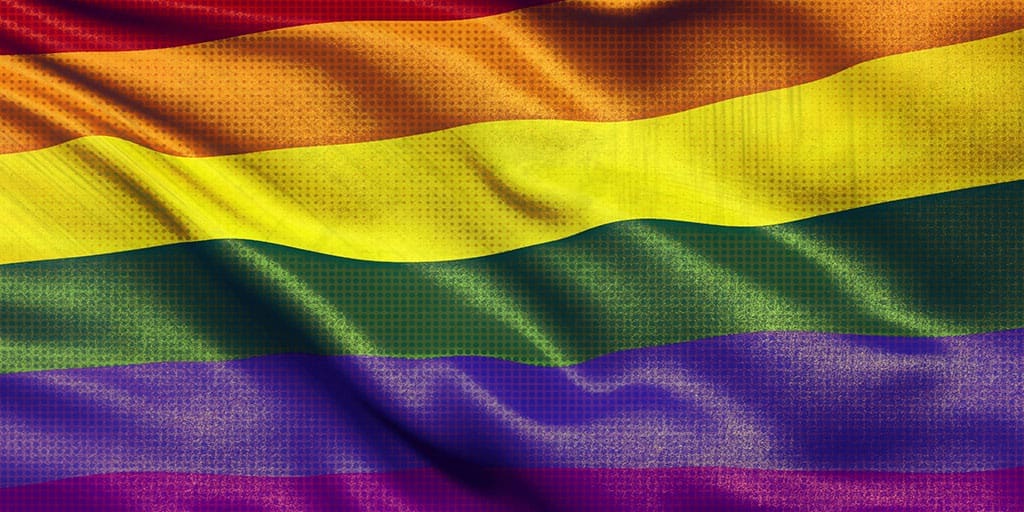



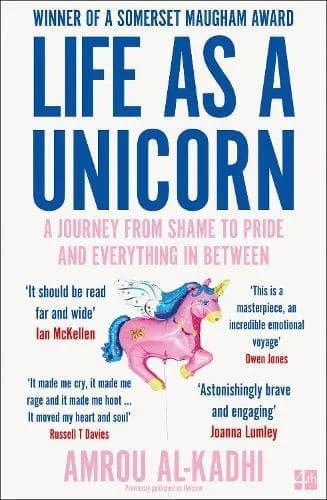
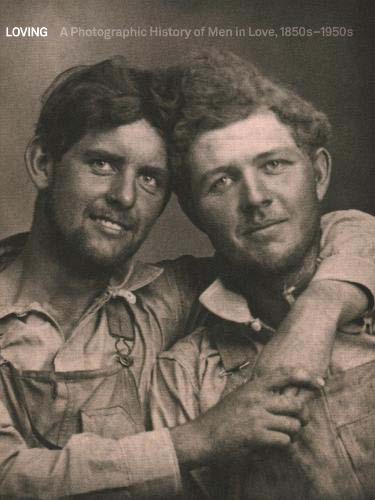




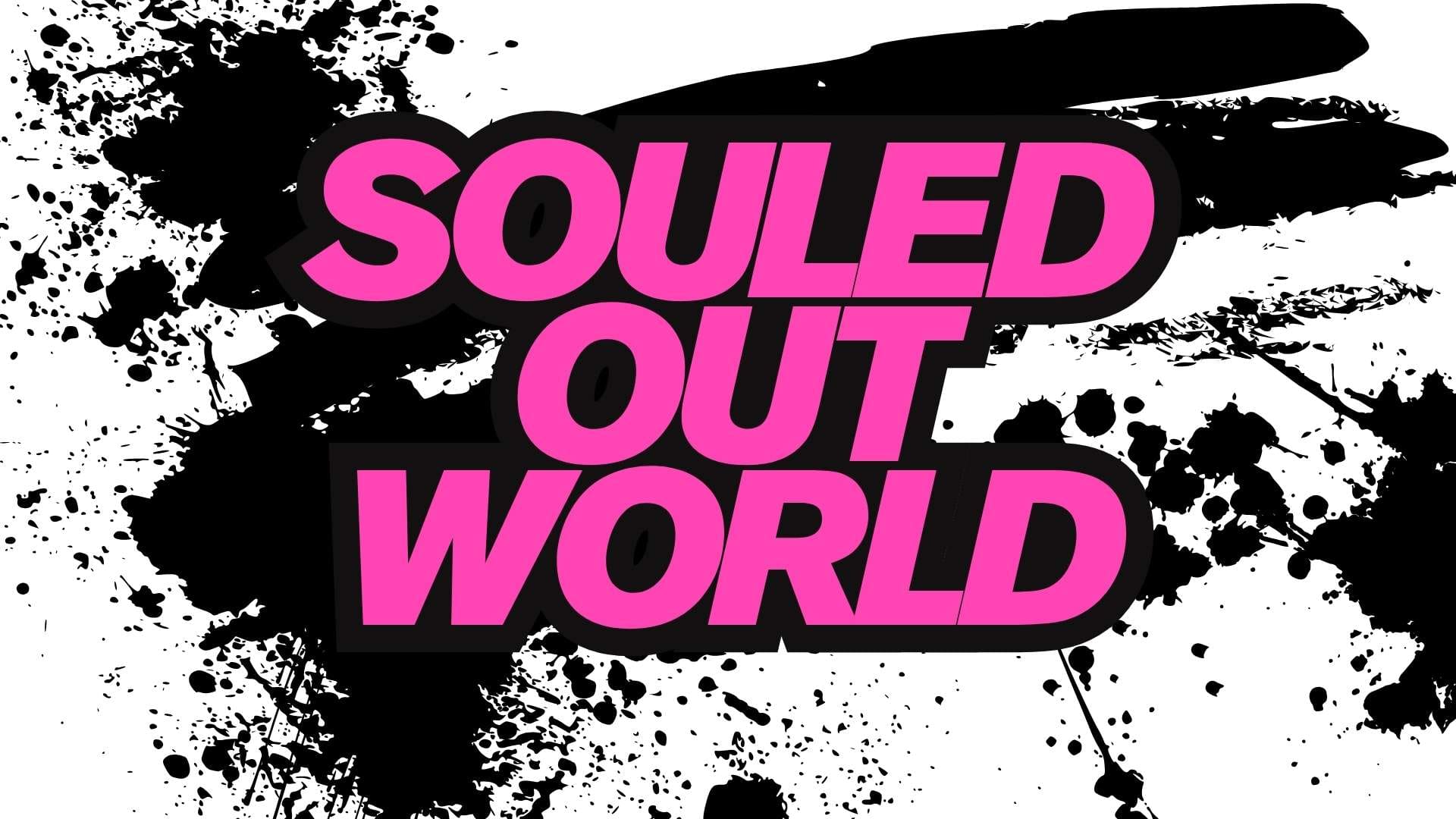




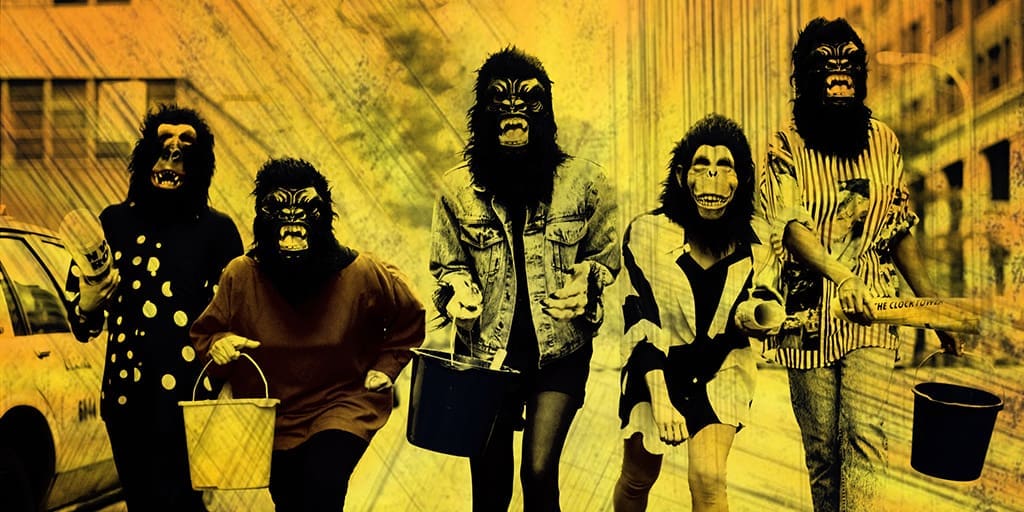
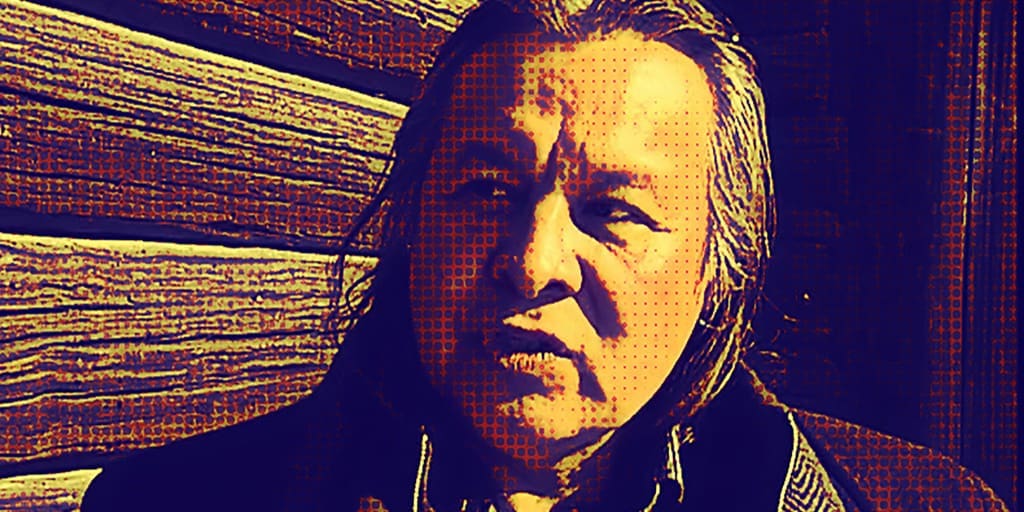
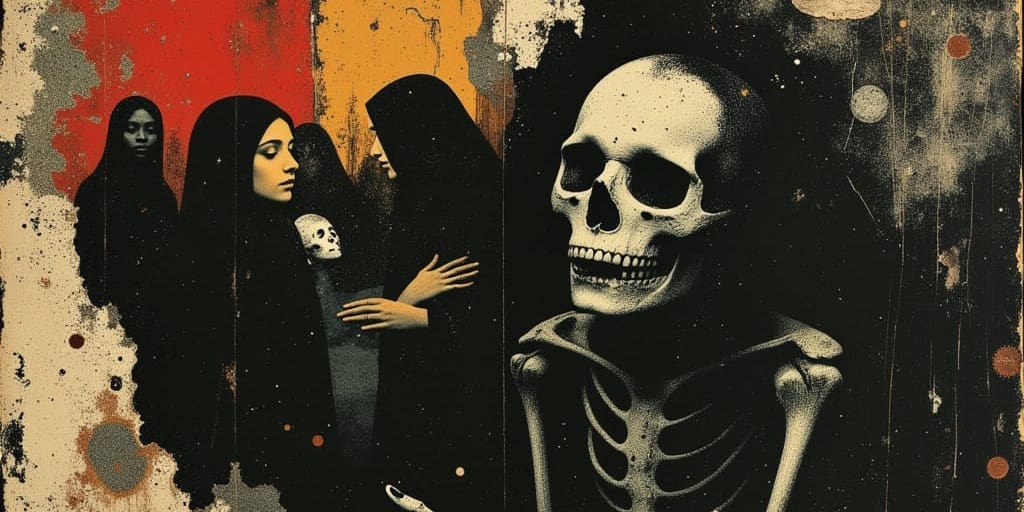
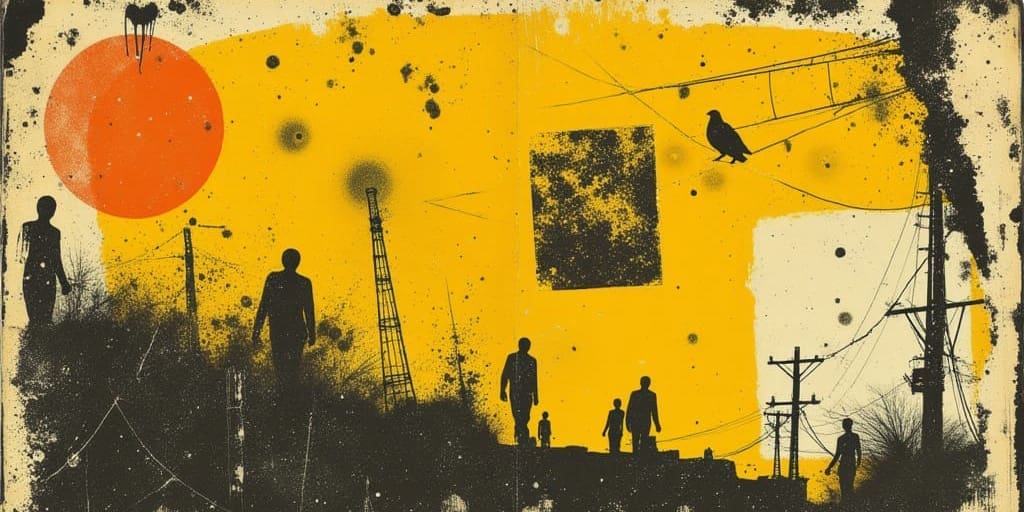


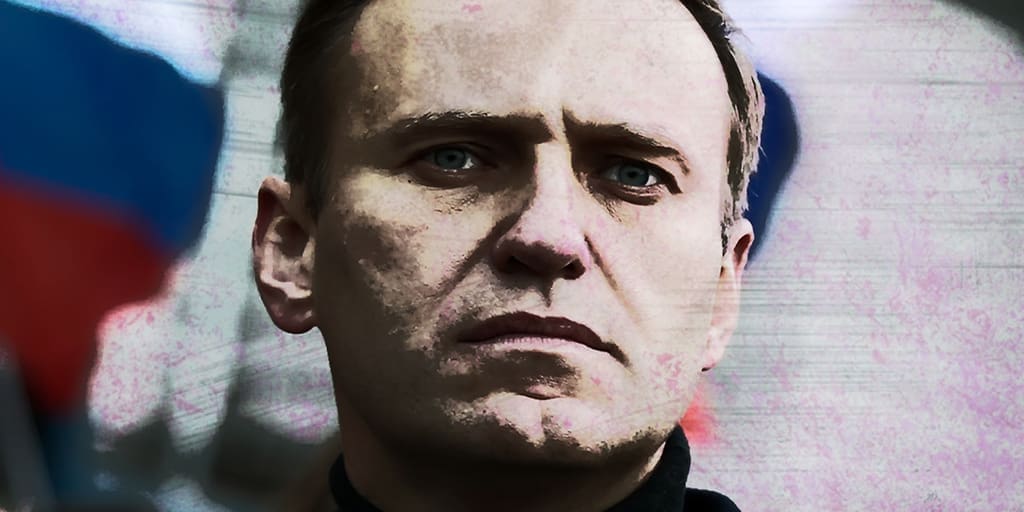




























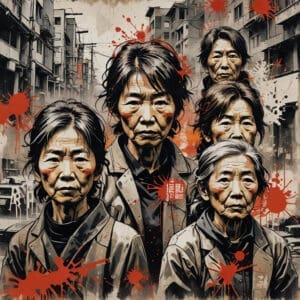

What do you think?